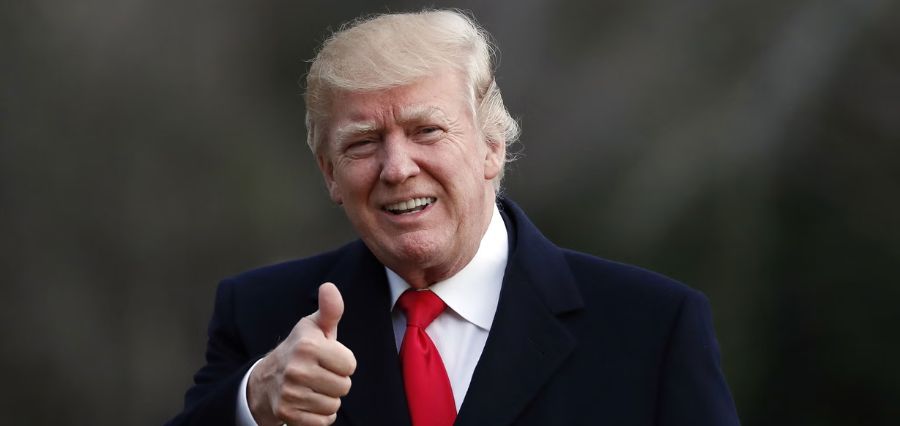Prime Highlights:
- President Donald Trump’s historic legislative bill cleared the Senate on a 51–50 vote, with Vice President J.D. Vance casting the tie-breaking vote.
- The legislation contains tax cuts, deep spending overhauls, and tighter work requirements for welfare recipients.
Key Facts:
- Moderate Republican Lisa Murkowski voted against it after state-based concessions were added.
- The bill will add more than $3 trillion to the U.S. deficit and reduce health insurance coverage for millions.
Key Background:
Donald Trump’s signature bill, also referred to as the “One Big Beautiful Bill,” was approved by the U.S. Senate by a solitary vote following a contentious overnight voting siege. The 51–50 margin represented a hair-raising conclusion after Vice President J.D. Vance used the casting vote to resolve the tie after hours of legislating stalemate. The convincing victory is a historic win for Trump and Republican leaders as they work to remake economic and social policy in advance of the 2026 elections.
The bill reinstates and ups provisions of the 2017 tax reform bill, making permanent individual and business tax cuts. It also puts in place large tips and overtime pay deductions as well as repeals the limit on state and local taxes. These cost an estimated over $4 trillion over the course of a decade.
Yet, economic benefits are accompanied by drastic cuts to social safety nets. The bill imposes mandatory work requirements on Medicaid and SNAP recipients that could reach millions of poor Americans. Energy tax credits and climate incentives have also been rolled back, paving the way for the explosive expansion of defense and border security appropriations.
Senator Lisa Murkowski’s decisive vote was won after Alaska-specific provisions such as further rural healthcare assistance and exemptions in the food aid programs were included in the negotiations. In spite of opposition from within the GOP—most famously from Susan Collins, Rand Paul, and Thom Tillis—the leadership managed to get the bill passed by making appeals on the basis of state interests and economic development arguments.
The Congressional Budget Office warns the bill would cause nearly 12 million people to lose their health coverage and potentially cost the national debt $3.3 trillion between now and 2034. The bill is now with the House of Representatives, where more political concessions will take place before a final vote.















